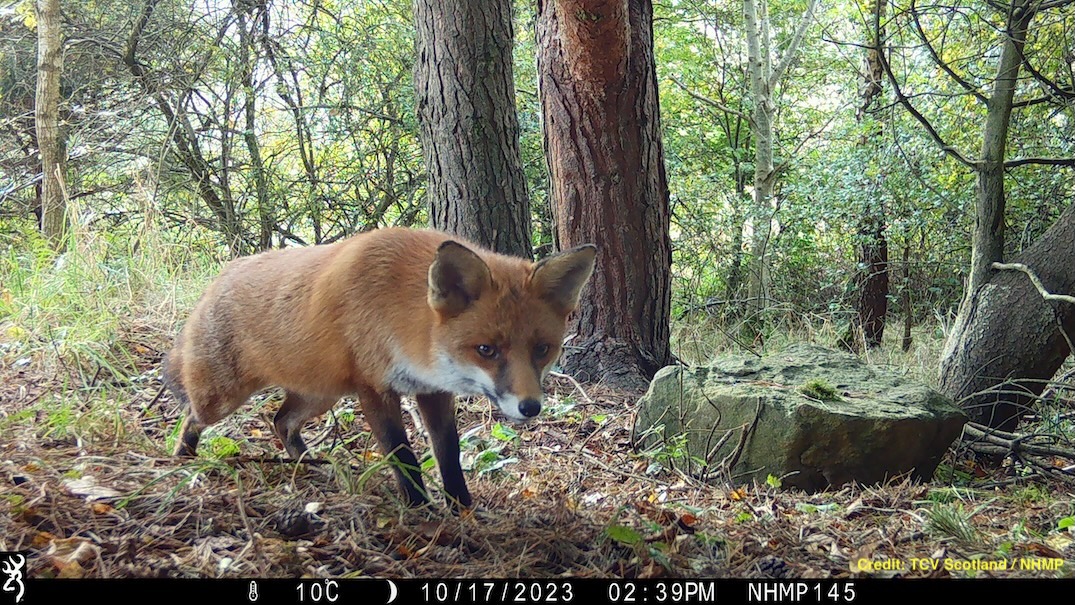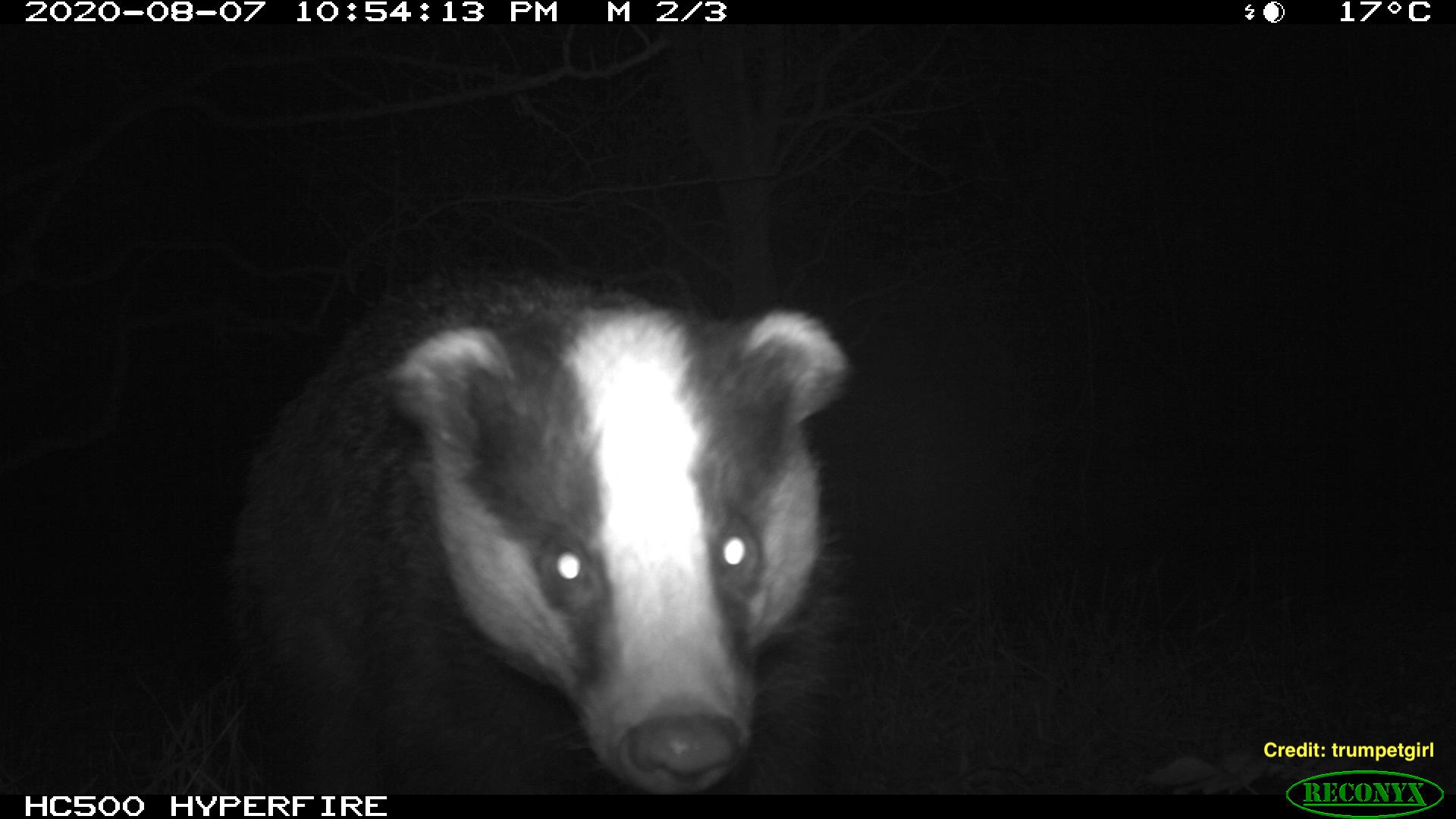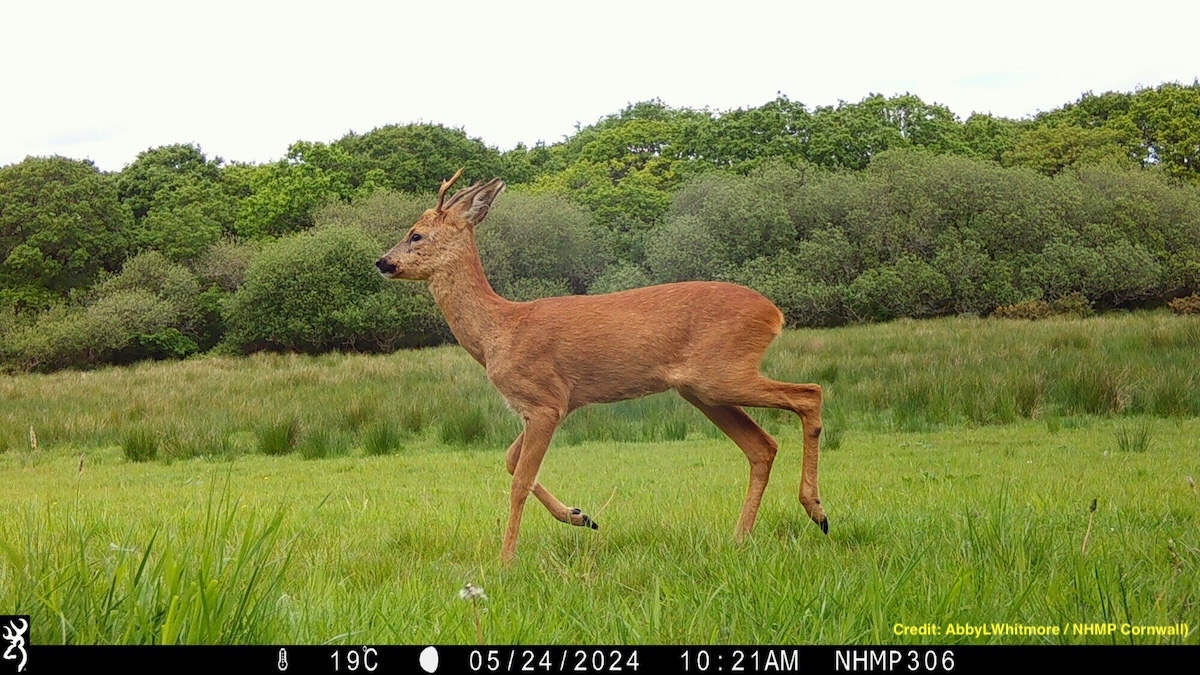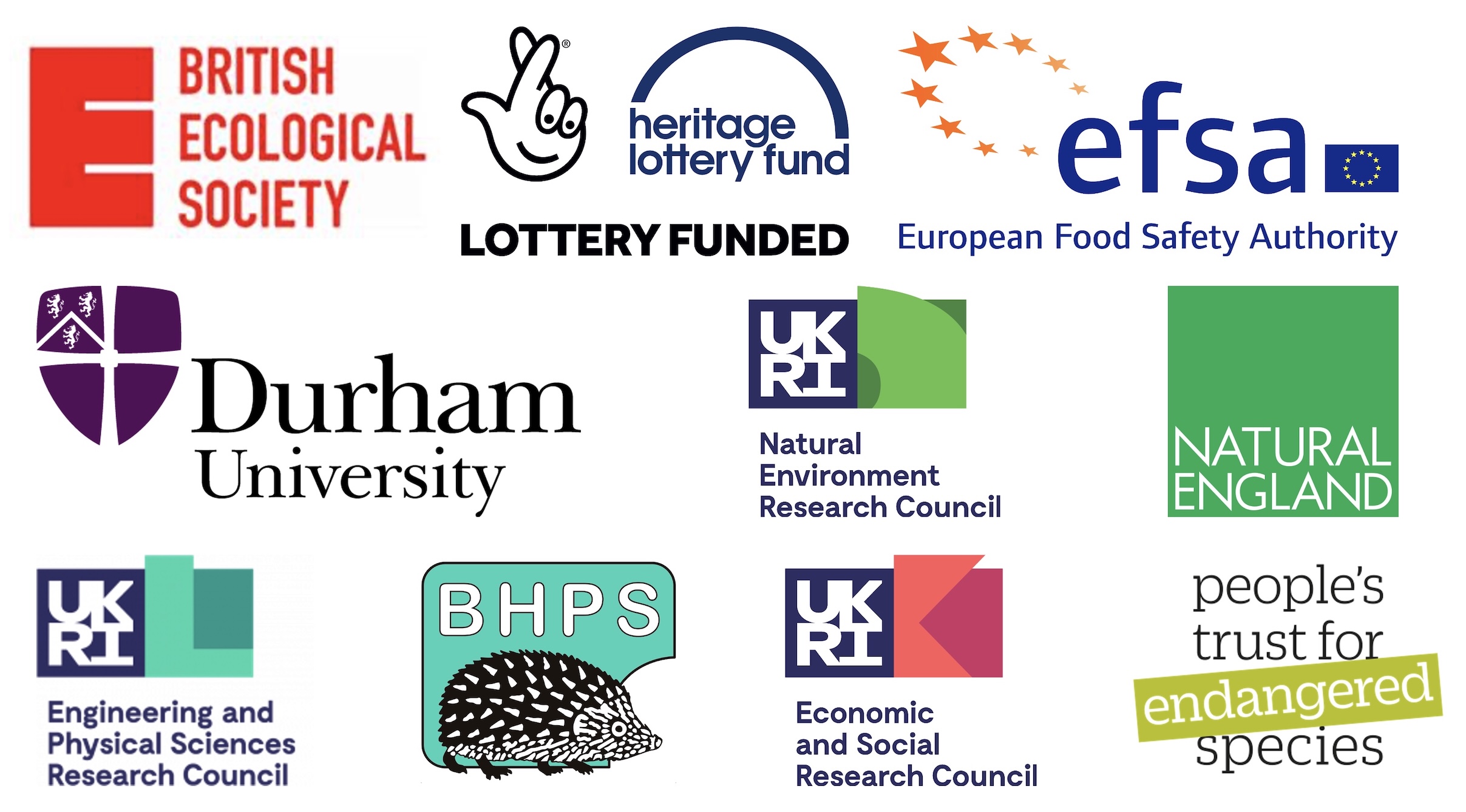Welcome to MammalWeb!
In the wake of publicity about the National Hedgehog Monitoring Programme, please note that advice on how to take part can be found on the NHMP website - especially the video about how to help us classify data from these surveys. You can also contact the NHMP team directly at This email address is being protected from spambots. You need JavaScript enabled to view it..
For general advice to get you started with MammalWeb, please refer to our Get started page, or our 'how to' guides.
For answers to other common questions, please see our FAQs page, especially the answer to the question "Why are my statistics not updating?"

Understanding wild mammals, one image at a time
Enabling enthusiasts to help monitor wild mammals across the UK and in continental Europe; see our range of projects.

What is it all about?
We collate data from motion sensing "camera traps", set up to photograph and monitor wild mammals. These cameras don't trap animals - but they take pictures of animals that pass in front of them. To gain good coverage, we need lots of people like you to contribute by deploying camera traps in their area. Since there may be many thousands of photos, we also need your help to identify what's in them!

Why do this?
More knowledge about the distribution and abundance of wild mammals, and the factors affecting them, is useful for lots of reasons. These range from gaining a better understanding of the ecology of these species and their responses to current environmental changes, to planning the development of infrastructure and managing wildlife disease. Taking photos of wild animals helps us to understand what is going on.

How can I help?
Anyone is welcome to act as a "Spotter", helping to identify animals in the images taken by camera traps, or even to volunteer as a "Trapper", by setting up their own camera trap and uploading the pictures from it! If you already use camera traps to study wildlife, contact us at This email address is being protected from spambots. You need JavaScript enabled to view it. to find out if MammalWeb could help with your work.
Start spotting, or read about how to use MammalWeb.
We value your help and feedback. Please contact us at This email address is being protected from spambots. You need JavaScript enabled to view it. for more information!!
Keep in touch
You can follow us on LinkedIn, Facebook, Instagram and Bluesky, or check out/subscribe to the MammalWeb YouTUBE channel. You can also subscribe to our newsletter. To see the kind of information that newsletters contain, look at an example newsletter.
Also, of course, you can always get in touch by emailing us: This email address is being protected from spambots. You need JavaScript enabled to view it..
Thanks to our funders!


 English (United Kingdom)
English (United Kingdom)  Nederlands (nl-NL)
Nederlands (nl-NL)  Magyar
Magyar  Deutsch (Deutschland)
Deutsch (Deutschland)  Croatian (Hrvatski)
Croatian (Hrvatski)  Polski (PL)
Polski (PL)  Español (España)
Español (España)